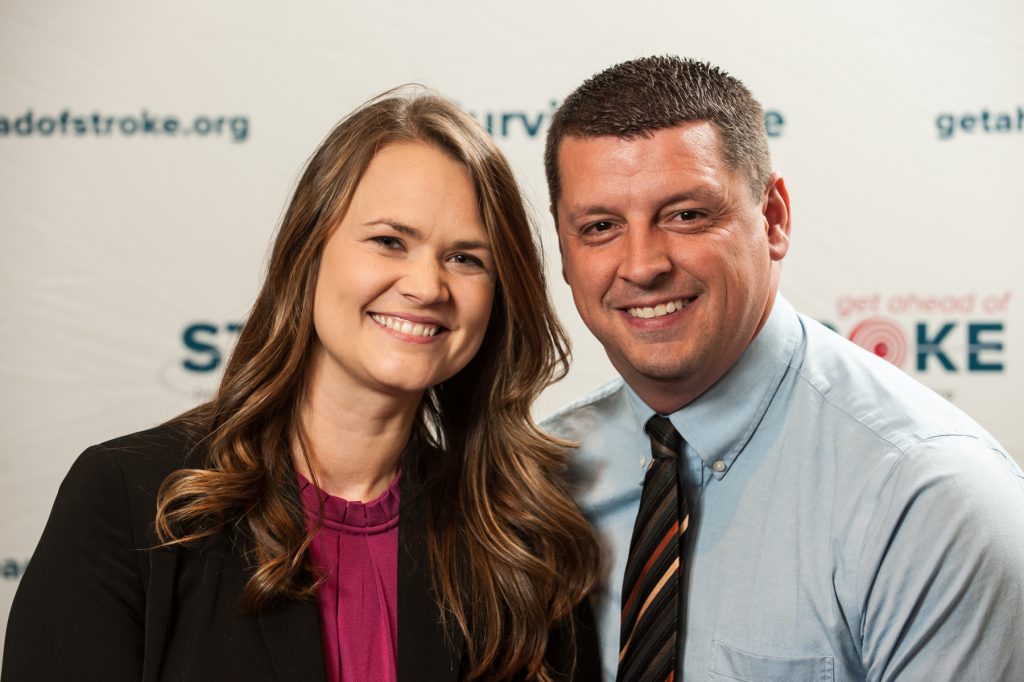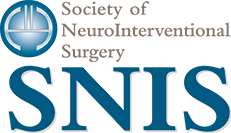Mother’s Day 2014. Christin Harris was sitting in church when she got a horrible headache.
After an hour or so, she lost her vision. The next day, she went to the doctor and was given medications to treat a migraine. They didn’t help.
By Wednesday evening, she was in the emergency room getting a head scan. No stroke was evident in her brain, so Christin went home to rest. But the symptoms persisted.
On Saturday, 32-year-old Christin had a severe ischemic stroke.
“I knew something was really wrong when I couldn’t speak correctly,” Christin recalls.
When her husband, Tony – a paramedic – came upstairs, Christin started crying. He called 9-1-1.
“I noticed that her right side wasn’t working,” says Tony. “Given how debilitated she was, I knew that she was likely having a stroke.”
Tony asked the emergency responders to call in a stroke alert for Christin. The local team Skyped with experts at the University of Cincinnati Medical Center, who prescribed a few medicines for Christin. When these didn’t work, they flew her to the Medical Center itself, where Christin underwent life-saving neuroendovascular stroke surgery.
Today, Christin and Tony are committed to helping people who are on their own recovery paths.
“Stroke recovery is different for everybody,” says Christin. “You can’t predict when you are going to turn the corner. But don’t ever lose hope.”



